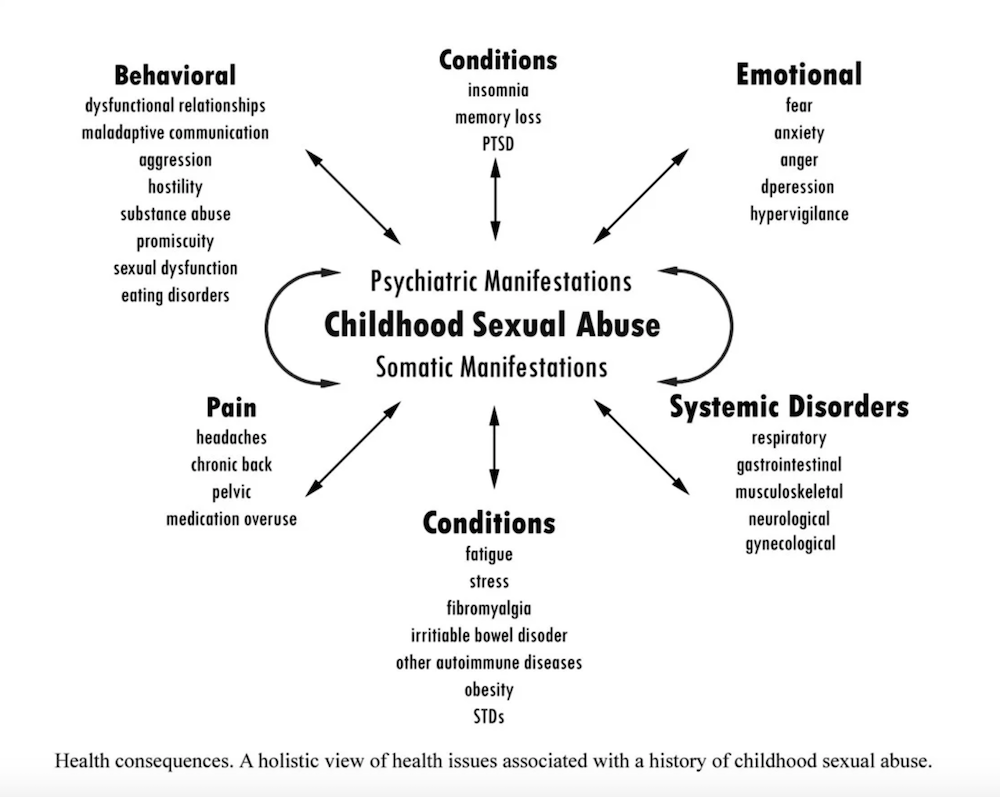Misconduct Cases
Abuse and Sexual Assault
There are a thousand conflicting emotions which parents may experience after they’ve learned that their child has been sexually abused. Anger, shame, guilt, confusion, frustration, and sadness may overwhelm a parent’s psyche and cloud his or her judgement. However, healing from child molestation starts with receiving professional help.
You should remember to remain calm. If you get upset with your child, you might convince him or her that coming to you and confessing was a bad thing to do. You should also trust the child implicitly—almost always, victims of sexual abuse are telling the truth. Get enough basic information from your child to make a police a report, and then do so.
But now what? What is the next step to healing from child molestation? While the criminal investigation is underway, what can you do to ensure the well being of a sexually abused child?
Childhood sexual abuse is an extremely traumatizing experience for a young child. It is frequently necessary—and always advisable—to get your child in to see a psychotherapist as soon as possible after you discover that childhood sex abuse has taken place, especially if your child displays any signs of traumatic stress. Make sure that you choose a therapist who has proven experience working with sexually abused children. He or she can determine quickly whether your child is in need of help. Everyone responds to traumatic stress differently, and displays it in different ways. What’s most important is to prevent children from taking away any misconceptions or self-deceptions about what happened to them—that the sexual abuse was somehow their fault, or that they are now guilty or dirty or shameful because of what was done to them. These seemingly preposterous distortions can wreak real havoc on an individual in their adult life.
Long-Term Outcomes of Childhood Sex Abuse
Researchers have drawn a connection between childhood sexual abuse and numerous mental and physical ailments in adult life. These ailments include relationship problems and sexual dysfunction; persistent feelings of denial, guilt, shame, or anxiety; repressing memories or engaging in dissociative mental patterns; eating disorders and weight loss or gain, and somatic diseases such as diabetes and heart trouble. Furthermore, childhood sex abuse survivors often internalize what happened to them, and begin to feel worthless or unclean. These negative self-thoughts can lead to self-enforced social isolation, suicidal thoughts, sleeping problems, nightmares, and eating disorders.
Perhaps the most important thing parents should realize is that these feelings of worthlessness, guilt, self-doubt, shame, anxiety, and depression do not lessen over time. It’s not something their child will just “get over”. On the contrary: the feelings balloon out of all control, becoming calcified in the individual’s mind, until they are a profound and guiding influence on adult life. The unresolved trauma and stress accumulated from a lifetime of guilt and shame can lead to all kinds of psychological disorders, health and relationship problems, and even suicide. Never underestimate the severity of post-traumatic stress disorder, or PTSD; A 1995 study found that childhood sexual abuse was as damaging to sufferers’ psyches as the most traumatic and haunting memories harbored by Vietnam War veterans.
The Incalculable Benefits of Counseling and TherapySurvivors of childhood sexual abuse have a persistent problem: they are unable to externalize responsibility for what happened to them. Thus, they cannot come to the conclusion that what happened wasn’t their fault—it was their attacker’s fault. It’s quite common for victims of sexual abuse of all ages to blame themselves for what happened.
Therapy, on the other hand, is both informative and healing for victims. Counselors gently let victims know that they bear no responsibility for what happened. Through a gradual process of therapeutic discussions and exercises, mental healthcare professionals will speak with your child. Over time, they will help them to properly attribute responsibility, and regain a sense of control over their lives. The brutality of the act of sexual assault and/or abuse often robs an individual of the idea that they control their own destiny, and makes them feel powerless and worthless. Counselors work against these impressions, helping former sex abuse victims feel safe in their own skin once more, building a set of attainable recovery goals via recognized techniques: setting boundaries, self-disclosure, validation, and encouragement.
Turning Victims into SurvivorsThe ultimate goal of therapy is to break the cycle of negative self-thought, guilt, depression, and anxiety—to help the victim realize that they don’t have to remain a victim for the remainder of his or her natural life. First counselors encourage victims to open up about what happened to them. Then they seek to build up the patient’s confidence, trust, and sense of empowerment, often through the development of useful skills which will help them form meaningful relationships with others. Isolation is anathema to survivors, as it only enforces the negativity and self-doubt with which they struggle; therefore, many therapists aim to restore balance to a patient’s life by teaching them social skills and confidence they need to form deep and healthy social bonds, and embark upon their healing journey.
Without the benefit of therapy and counseling, a victim of childhood sex abuse runs the risk of somatic disorders, despair, dysfunction, and a lack of efficacy which may ruin their relationships, careers, and lives. Therefore, if your child demonstrates any symptoms of PTSD, it’s important to get the necessary therapeutic help ASAP. Your child’s very life may depend on it.